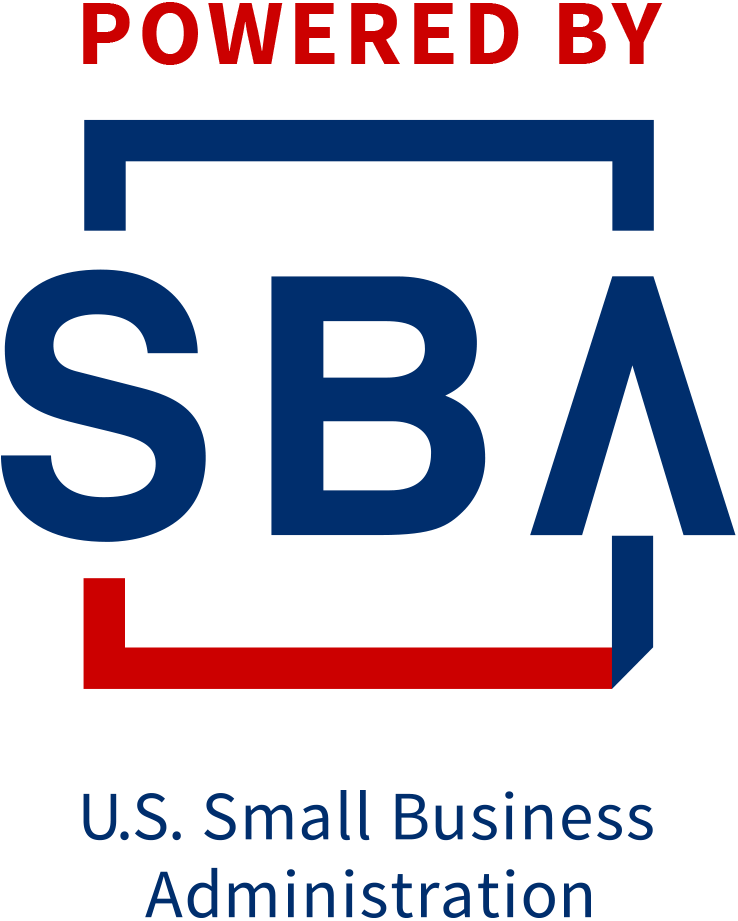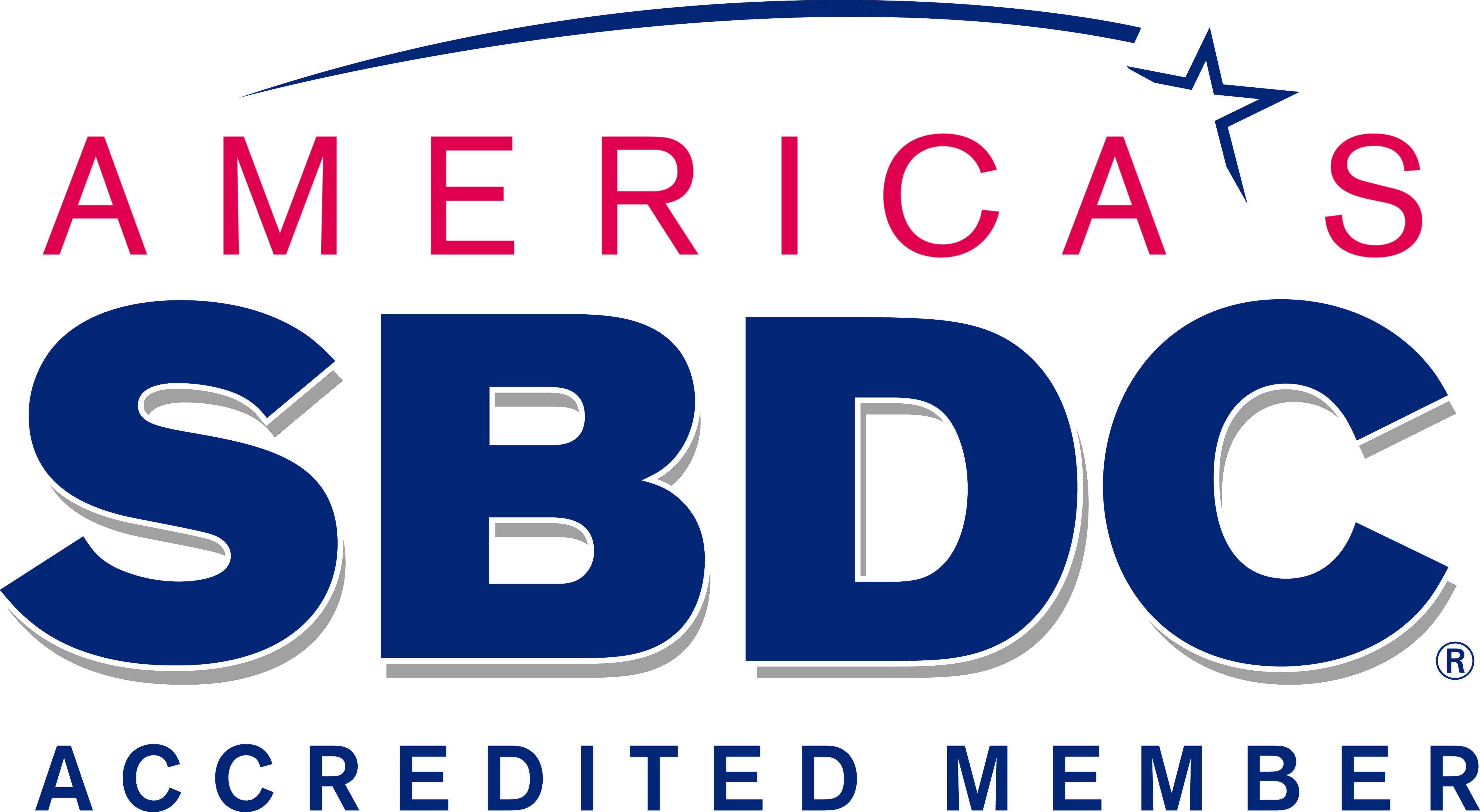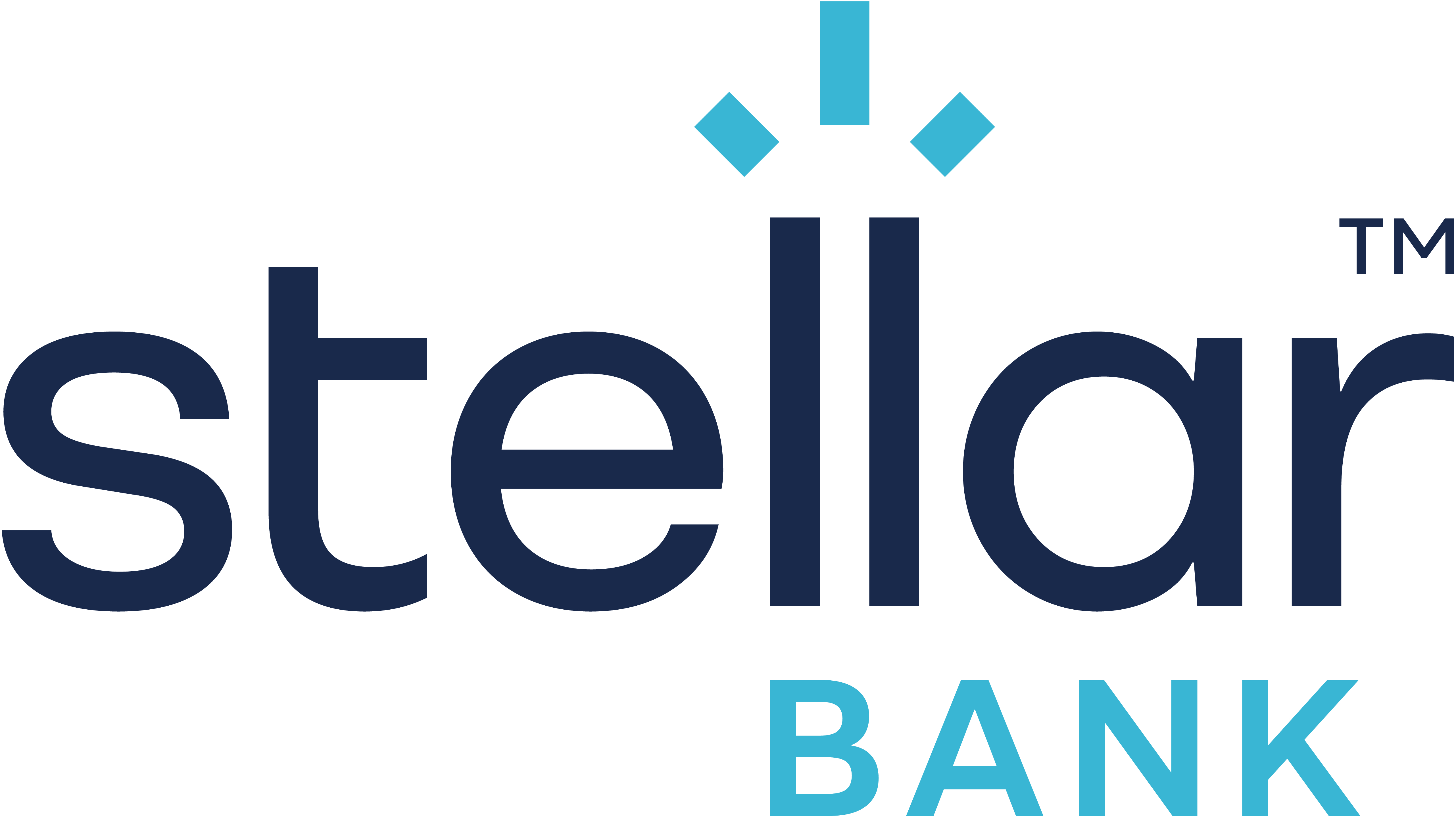A Guide to Maximize Small Business Tax Exemptions and Deductions

By Michelle Loredo
Tax season is here! The deadline for individuals to submit their taxes was extended from April 15 to May 17, 2021. To make the most out of this tax season, take advantage of the applicable tax exemptions and deductions you can receive as a small business.
We have put together a comprehensive guide on how to maximize small business tax exemptions and deductions to help reduce tax payments.
Who Qualifies for Tax Exemptions?
A tax exemption is a type of deduction that allows a reduction of the amount of taxable income. Thus, the tax exemption will reduce the amount you will have to pay in taxes.
According to the Internal Revenue Service, to qualify for a tax exemption, your business must fall in one of these business categories:
- Charitable Organizations
- Church and Religious Organizations
- Non-profit
- Political Organizations
- Private Foundation
And your business registered under Code Section 501(c)(3), Section 509(a), and Section 527 of the tax code.
What is a Tax Deduction?
If your business does not fall into one of the business categories, don’t worry! There are tax deductions and tax write-offs that you can claim to reduce your taxable income.
If your business falls in the small business, sole proprietor, or a limited liability company, here are of items that are considered tax deductions.
1. Business Related Deductions
Business-related deductions include all types of expenses that a business takes on throughout a fiscal year. Here’s a list of what possible tax write-off:
- Bank Fees
- Business Interests
- Depreciation
- Internet Expenses
- Investments
- Legal and Professional Fees
- Move Expenses
- Office Supplies Expenses
- Phone Expenses
- Startup Expenses
2. Business Travel Deductions
If you travel for your business throughout the year, some of the expenses can become tax deductions. To qualify for the travel deductions, you need to travel way from your “tax home” or area that your business operates from. Here’s a list of possible deductions:
- Car Use
- Meals
- Personal Expenses
- Travel Expenses
3. Office Building
If you rent the building or equipment that your business needs to be active, it’s possible to deduct these fees from your tax return. This includes:
- Rent Expenses
- Business Insurance
4. Employee and Contractor Deductions
If you have employees working at your business, their salaries, paid time off, and other benefits can become tax deductions for you if they are just employees and not part of the company, such as a partner or LLC member. For contractors and types of contracted labor, their fees can be deducted from your expenses.
5. Other Deductions
There other opportunities for tax deductions you can use this tax season, such as charitable contributions. Consult with a specialist to see if you qualify. Other possible tax deductions include:
- Charitable Contributions
- Child and Dependents Care Expenses
- Education
- Energy Efficiency Expenses
This is a general outline of possible tax exemptions, deductions, and write-offs. We recommend that you consult with a Certified Public Accountant to maximize applicable tax deductions and submit all of your paperwork before the deadline.
Do You Need Extra Help?
The UH SBDC Network is here to help you with your small business needs. Our business advisors and specialists can help you figure out your questions. We have no-cost live and recorded webinars that can help you with your finances and make your workday more efficient.







